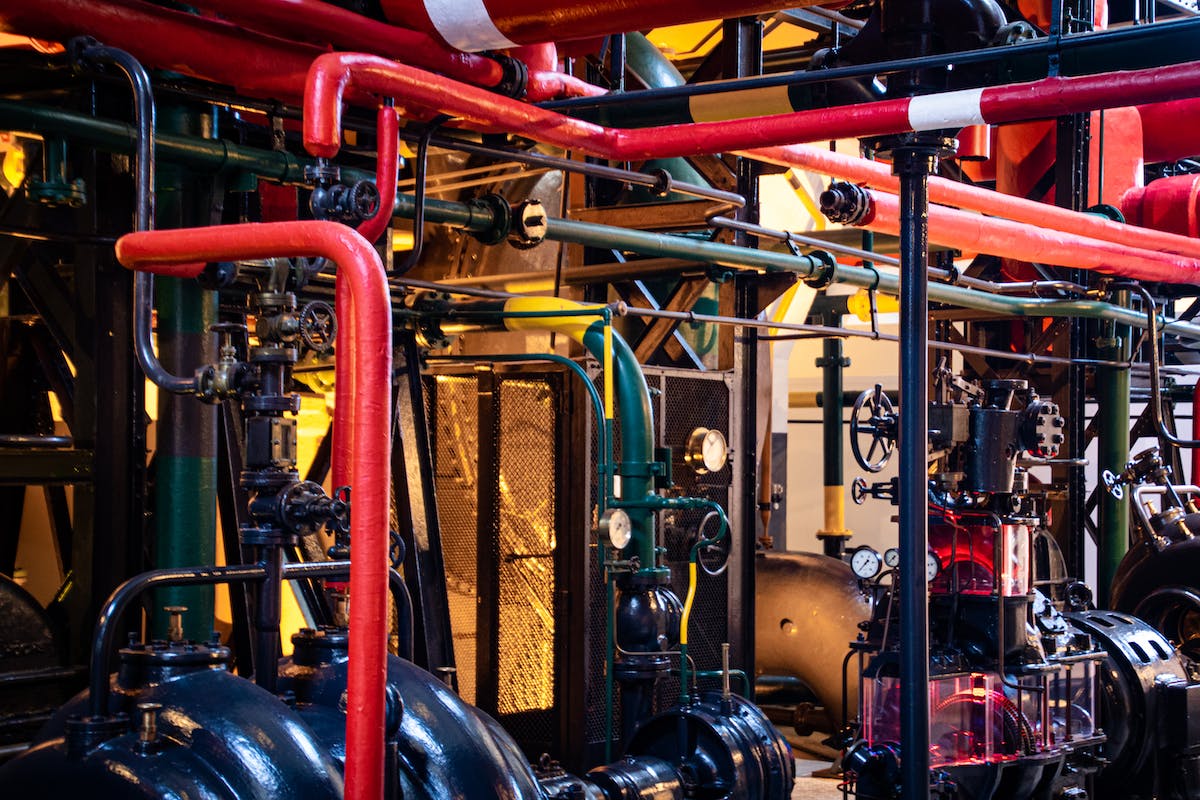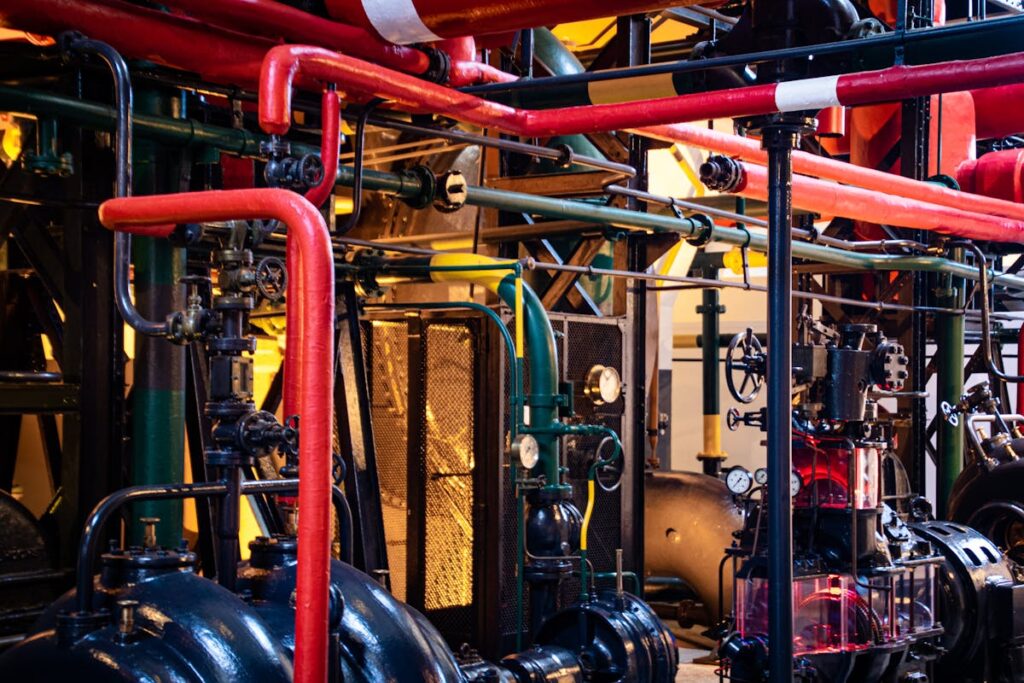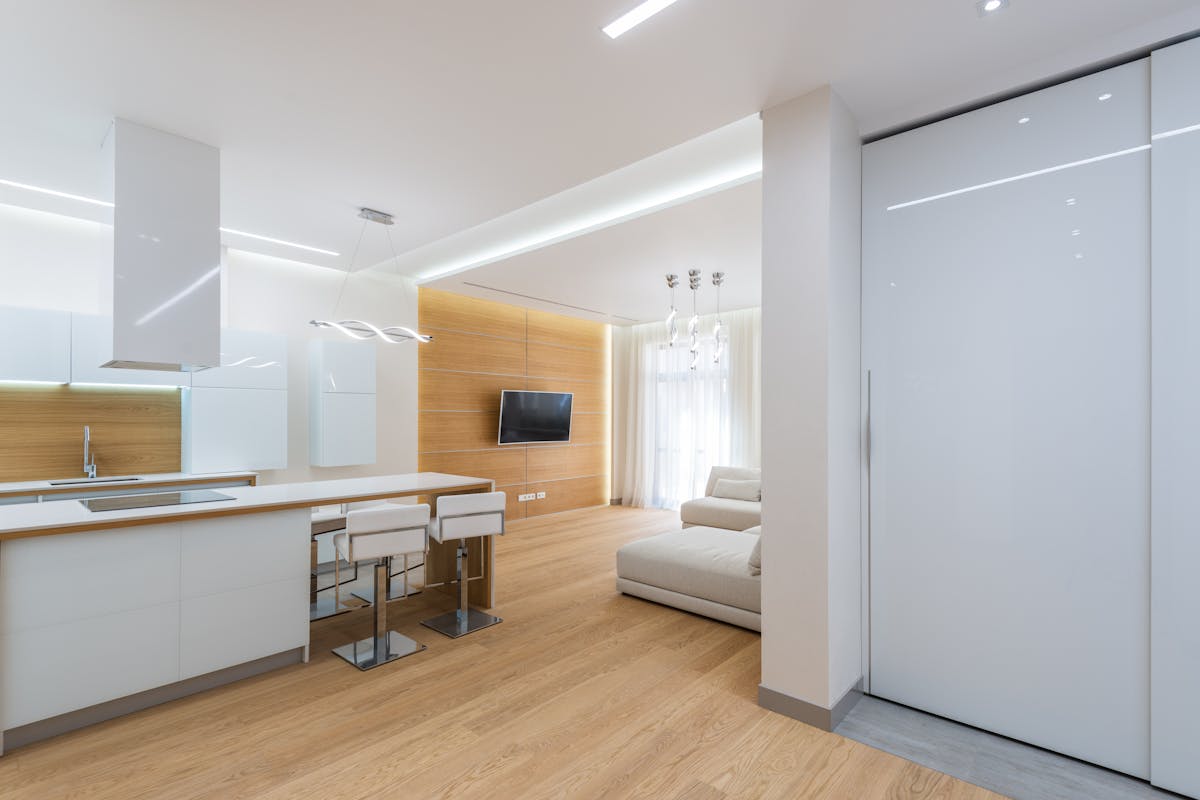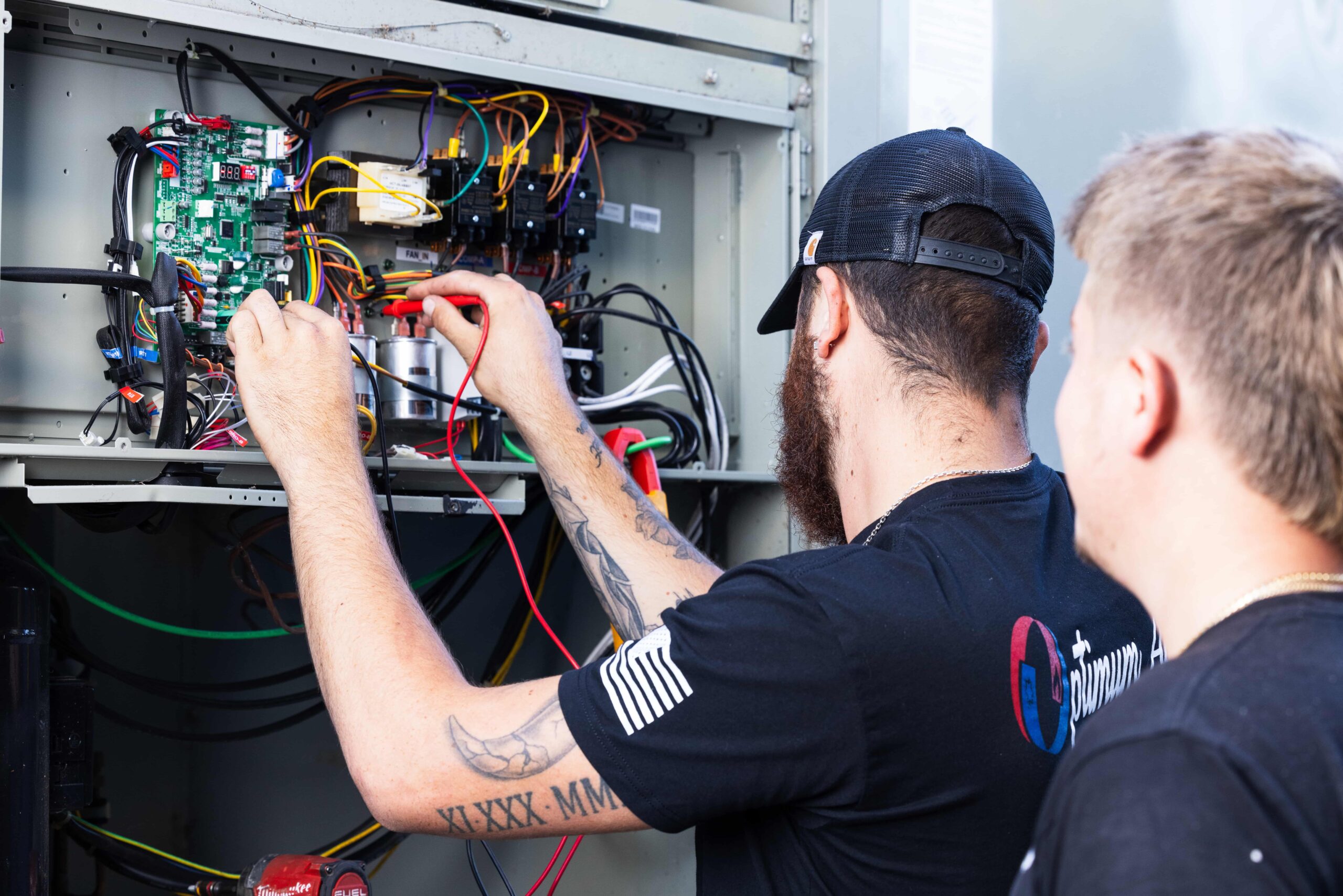
Have you heard about the Geothermal heat pump system and now you are thinking about the pros and cons of geothermal systems? Choosing how to heat or cool your home is a big decision. You might be worried about the cost and how this technology affects the environment. Or if it’s worth it in the long run. You are not alone in this.
This article is here to help you with this. We will talk about the pros and cons of geothermal heat pumps in a simple way. By the end, you will have all the info you need to decide what’s best for you.
So, stay tuned to find out everything regarding the pros and cons of geothermal heat pumps.
What is a Geothermal Heat Pump?
Before going straight on the geothermal energy pros and cons, it’s better first to understand what is it.
A geothermal heat pump is a smart way to heat and cool your house. It works differently than most heaters or air conditioners. Instead of using the air outside, it uses the steady warmth of the earth under your house.
Here’s how it works:
Pipes are buried in the ground near your home. In winter, these pipes pull warmth from the earth to heat your home. In summer, they do the opposite. They take heat from your house and move it into the ground. This keeps your house comfortable all year, no matter the weather.
Now let’s discuss the advantages and disadvantages of geothermal systems.
The Pros and Cons of Geothermal Heat Pumps

Advantages of Geothermal Heat Pumps
Geothermal heat pumps come with a variety of benefits that make them an attractive option for many homeowners.
Here are some of the key advantages:
- Energy Efficiency:
Geothermal systems are incredibly efficient. They use a small amount of electricity to transfer heat to and from the ground, which means they require less energy compared to traditional heating and cooling systems. This efficiency can lead to significant savings on your energy bills.
- Environmentally Friendly:
These systems are eco-friendly. They don’t burn fossil fuels, which means they produce fewer greenhouse gases. Plus, since they rely on the earth’s stable temperature, they use a renewable resource, helping to reduce your carbon footprint.
- Longevity and Reliability:
Geothermal heat pumps are known for their durability. They have fewer mechanical components that are exposed to the elements, which means they often last longer than traditional systems. The underground piping, the most crucial part of the system, can last for generations.
- Consistent Comfort:
These systems provide consistent and even heating and cooling, avoiding the hot and cold spots that can occur with other types of systems. This means you can enjoy a comfortable temperature in your home year-round.
- Quiet Operation:
Unlike traditional air conditioners or heaters which can be noisy, geothermal systems are very quiet. There’s no loud outdoor compressor or fan, so you’ll barely notice when it’s running.
- Low Maintenance:
Geothermal systems have fewer moving parts and are protected from outdoor elements, which generally leads to lower maintenance needs and costs over the lifespan of the system.
- Safety and Health:
Geothermal systems are safer than combustion-based heating systems because they don’t rely on burning fuel to generate heat. This means no risk of carbon monoxide poisoning, gas leaks, or fire. Also, because they don’t circulate outside air, they can reduce indoor air pollutants and allergens, contributing to a healthier living environment.
- Eligibility for Tax Credits and Incentives:
In many regions, homeowners who install geothermal systems can benefit from federal tax credits, rebates, or other incentives. These financial incentives can significantly reduce the net cost of the system, making the initial investment more manageable and the long-term savings even more attractive. It’s always a good idea to check what local incentives might be available when considering a geothermal system.
A good idea to combine with geothermal heat pumps is to consider insulation for your home.
Disadvantages of Geothermal Heat Pumps
While these advantages are compelling, it’s also important to consider the disadvantages to get the full picture.
So, here are some disadvantages of the geothermal heat pump system.
- High Initial Costs:
The upfront cost of installing a geothermal system can be steep. Drilling and installing the underground piping system is a significant part of the expense. This initial investment can be a hurdle for some homeowners, even though the long-term energy savings can offset these costs.
- Site-Specific Installation:
Not every location is ideal for a geothermal system. The suitability can depend on the characteristics of your property, like soil type, land availability, and local geology. In some cases, extensive landscaping or drilling through rock can complicate the installation and increase costs.
- Complex Installation Process:
Installing a geothermal system is not a simple task. It requires skilled professionals and careful planning. The process can be disruptive to your property, and it’s essential to have a reliable installer to avoid issues like improperly installed loops, which can affect the system’s efficiency.
- Possible Refrigerant Leaks:
While it’s not common, the loop system can develop leaks. If the system uses a refrigerant, a leak can harm the environment and reduce the system’s efficiency. Regular maintenance and checks are important to prevent and address this issue.
- Limited Heating Capacity:
In extremely cold regions, a geothermal heat pump might not be able to meet all the heating demands of a home. In such cases, a supplemental heating system might be necessary, adding to the overall cost and complexity.
- Long Payback Period:
The time it takes to recoup the initial investment through energy savings can be long, often several years. This long payback period might not align with every homeowner’s financial or living situation.
While these disadvantages are worth considering, many homeowners find that the benefits of geothermal heat pumps, especially the long-term energy savings and environmental advantages, outweigh the drawbacks. So, it’s crucial to evaluate both the pros and cons carefully to make the best decision for your specific situation.
You can also check what types of geothermal heat pumps exist to have a spherical option about the topic.
Final Words
Here are the pros and cons of geothermal heat pumps. Deciding whether this system is right for you depends on various factors, including your location, budget, and long-term living plans.
This decision requires careful consideration and, in many cases, guidance from a professional. By weighing the advantages and disadvantages of geothermal systems, you can make an informed choice tailored to your home and lifestyle. For expert advice and support, rely on a trusted heating installation service in Belle Chasse to explore the best options for your heating needs.
continue reading
Related Posts
“If you think nobody cares about your air quality, try
Nothing kills comfort faster than walking from your cozy living
“A properly installed heating system isn’t a luxury, it’s peace



